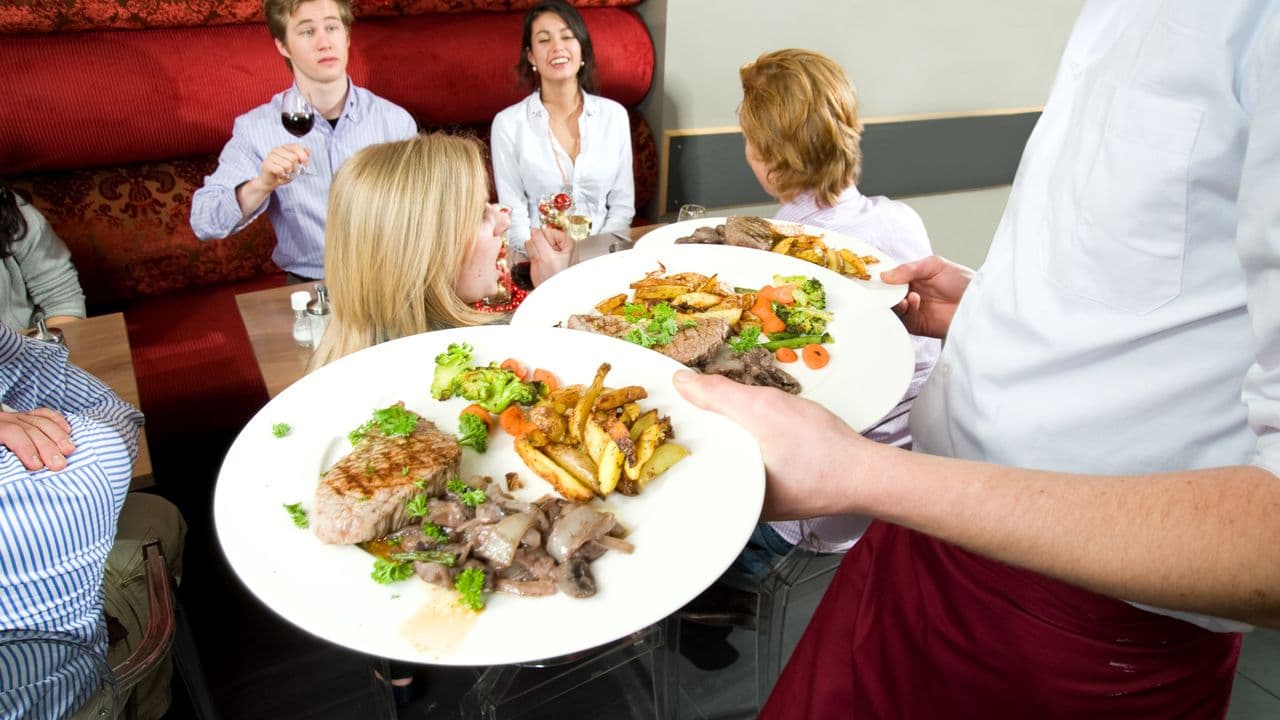Does a Restaurant Franchisee Need Industry Experience?
6 development professionals from 6 foodservice brands weigh in on the importance of industry experience for restaurant franchisees
The most successful franchise owners have a range of strengths. They are business minded, they work well with people, they are service oriented, and they have a passion for their brand. But how important is it that a franchisee has actual hands-on experience in their brand’s segment?
1851 reached out to six growing restaurant franchises to find out how much weight they put on industry experience when evaluating prospective franchisees. Here’s what they had to say.
Greg Vojnovic, Chief Development Officer, Arby’s
For large, established brands, having prior experience in the restaurant industry is a must. But it’s just one factor. It’s equally important that franchisees have experience with partnerships and collaboration. In the franchise industry, collaboration and success go hand in hand. So while restaurant experience is a pre-requisite, we are more focused on finding candidates who have experience with strong business relationships and who are excited to collaborate with our team.
Philip Schram, Chief Development Officer, Buffalo Wings & Rings
We’ve had a lot of debate about this. Typically, we are looking for people with a business background, and some of our most successful franchisees do not have any prior restaurant experience. But there is no question that not having restaurant experience will put a franchisee at a disadvantage, so if you don’t have that experience, it’s essential that you hire people who do.
Paul Tripodes, Vice President of Franchise Sales, Saladworks
For Saladworks, restaurant experience is preferred, as is franchising experience, but neither is required. Operationally, Saladworks is far less complex than most other foodservice brands out there, so it’s not essential that a franchisee comes into the business knowing how to run a restaurant. The ideal Saladworks candidate has previous experience as a multi-unit operator. Of course, we’re also looking for candidates who have a passion for salads, healthy living, and service.
Jordan Duran, Director of Franchise Sales, MOOYAH Burgers Fries and Shakes
While a foodservice background is a definite plus, I don’t believe it’s a pre-requisite for success. Strong business knowledge, leadership experience, great people skills, and passion are far more important factors for long-term success. Those are not talents that you can teach, but you can teach cooking and inventory management.
Jean Baudrand, Vice President Development International, TGI Fridays
Whether or not a franchisee needs restaurant experience depends largely on the complexity of the restaurant operation. Hands-on experience is probably less important if you are running a single-unit QSR, and it’s probably more important if you are running a casual- or fine-dining operation. Having a thorough understanding of the brand and knowing how to take full advantage of training and support are often going to be the most important skills.
James Vitrano, General Counsel and Vice President - Global Franchise DevOps, Ruby Tuesday
Restaurant experience is never going to be a bad thing for a franchisee to have, but it’s not as important as having a strong business acumen and an ability to operate the business model. Ruby Tuesday’s operational model is designed to work for franchisees regardless of their experience in the industry, and we’ve been improving that model for 45 years, 20 of those as a franchise. We’ve found that having restaurant experience is not a determining factor in whether or not a franchisee is adept at running the model. Someone who has a strong understanding of our brand and is willing to follow our model to a T is likely to find success, regardless of their experience in the industry.









